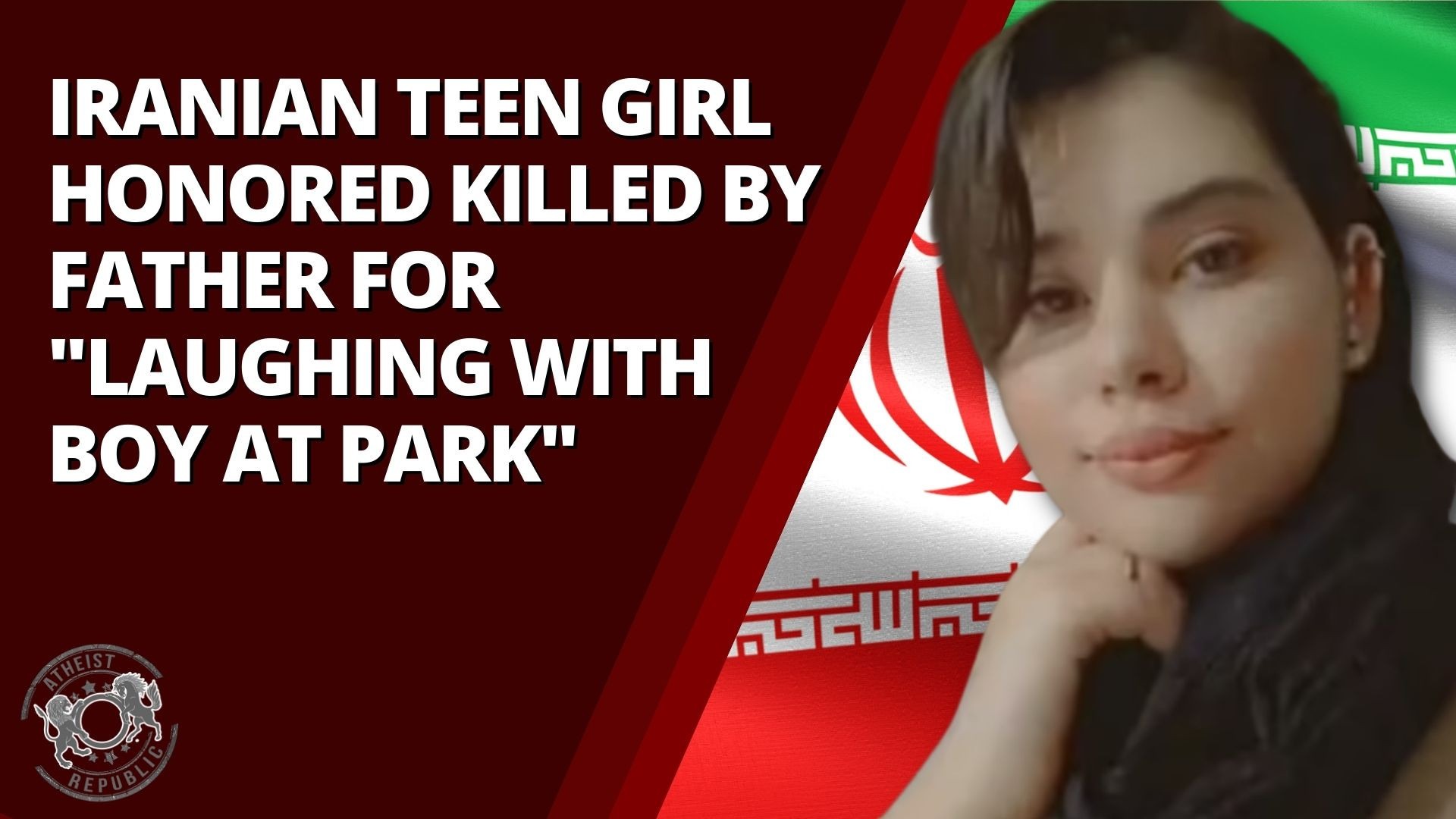
An honor-based family murder in a small town in the Fars province of Iran has once again sparked debates on the lack of laws to prevent “honor-killing” in Iran.
On June 27, the father of Ariana Lashkari shot the sixteen-year-old girl in the chest with a hunting rifle for allegedly laughing with a boy at a park, which he considered a disgrace to the family.
Ariana Lashkari, a 16-year-old girl, was killed with a hunting shotgun by her father on Monday in the Fars province of Iran over a "family dispute".
According to a relative of Ariana, she was killed because "she wanted to live without restrictions."#آریانا_لشکری pic.twitter.com/wIFUM5XkqV— Middle East Matters (MEM) (@MEMOrganization) June 30, 2022
A relative of the young girl revealed that Ariana wanted to live without restrictions and fled to her paternal grandmother’s home after a heated argument with her father.
Mohammad-Kazem Lashkari confessed that after their dispute, his daughter left the house and went to his mother’s abode. He then went there with his shotgun to scare her and shot her in a moment of uncontrolled rage. He contended that it was not his intention to kill his daughter.
Murders committed by fathers and paternal grandfathers in Iran are not punishable with retributive justice or “Qisas” under the Islamic Penal Code, as Iranian law considers him the “owner” of the victim’s blood. Perpetrators may only be sentenced to three to ten years in prison and pay blood money to the next of kin if demanded. The murders are also subject to the mother’s forgiveness, dismissing the punishment and foregoing the blood money.
Rooted in the patriarchal culture, the number of honor killings is increasing, according to recent reports.
Early this year, the 17-year-old victim of child marriage, having married a paternal cousin at 12 and delivering a baby at 14, was beheaded by her husband and brother-in-law. Mona Heydari fled to Turkey due to her husband’s violence, but her father helped her husband to bring her back. She was brutally beheaded in an honor killing, and her husband paraded on the street displaying her severed head.
A bill to protect women against domestic violence and other gender-based violence, especially by male relatives, was filed in 2021 but was shelved by the domination of hardliners in the parliament.
There has been a series of so-called honor killings involving young women in Iran in the last two years, and one of the most prominent cases was the death of the 14-year-old Romina Ashfari. Her father beheaded her with a sickle because she intended to elope with an older lover.
Honor killings are common in some cities in Iran and have become more prevalent since the pandemic outbreak. It has been reported that 20 percent of all murders and 50 percent of family murders in East Azerbaijan alone are related to sexual and honor issues. According to the head of Reyhaneh Women’s NGO, about 60 women have been victims of honor killings in Iran over the last two years, including as young as ten.
People have been calling for comprehensive legislation to prosecute the abusers and provide legal action to victims of violence against women, especially against young daughters and wives in child marriage.
